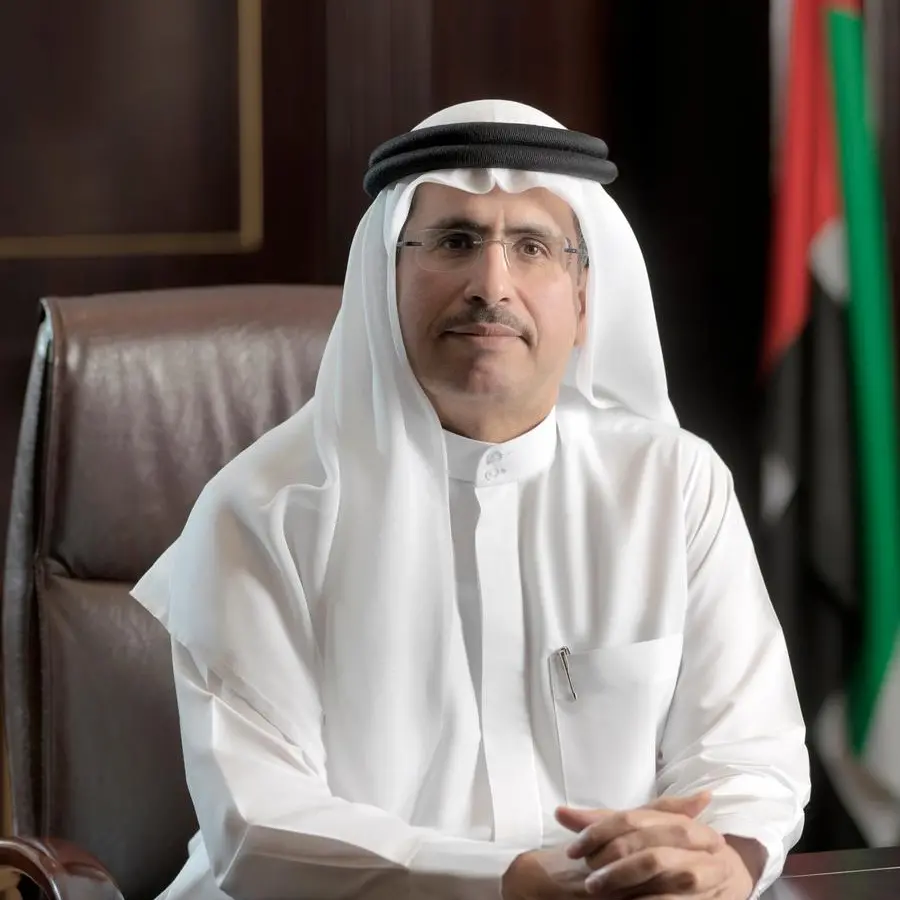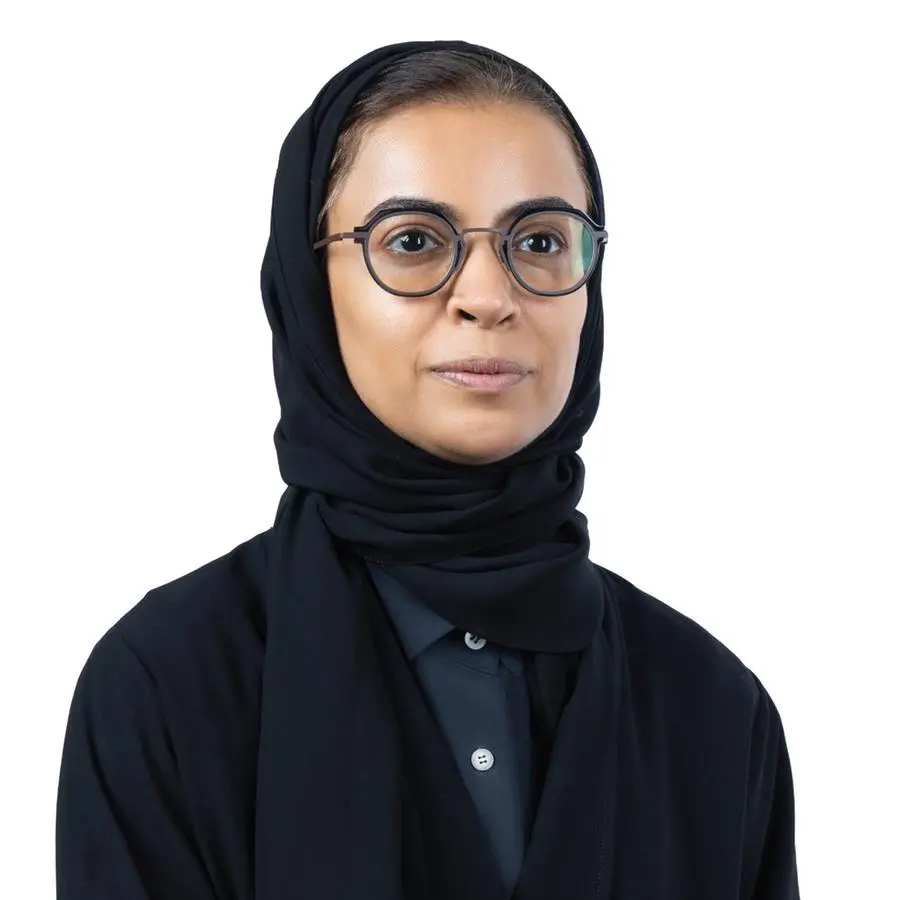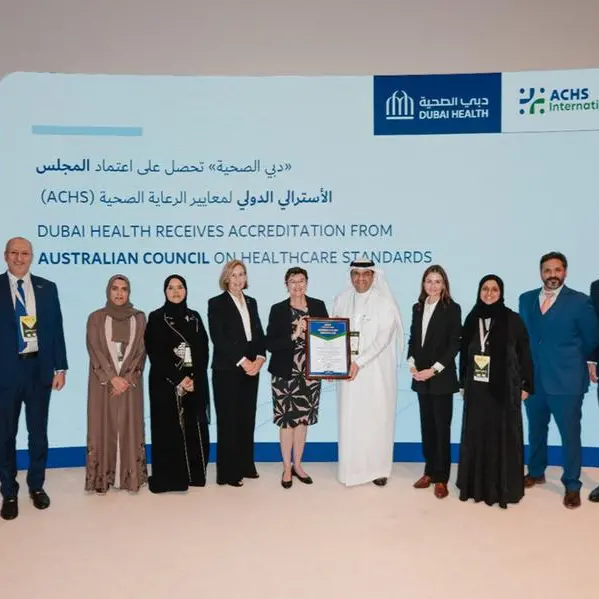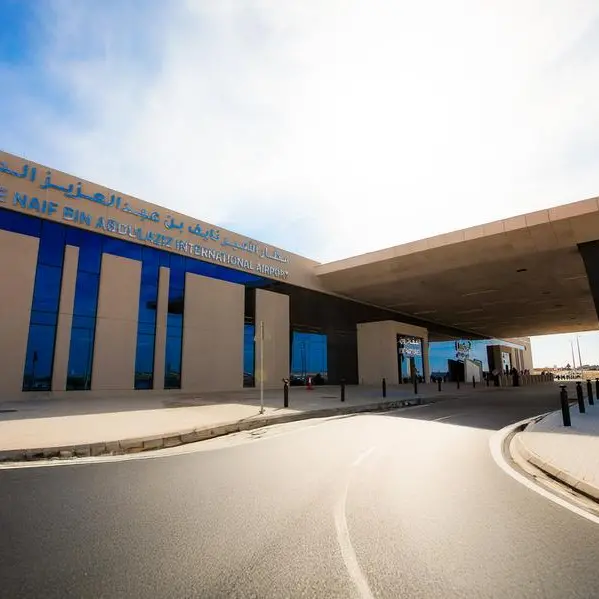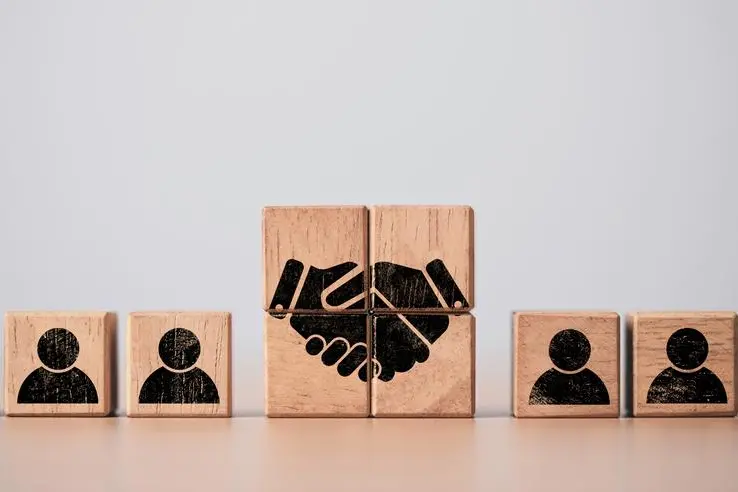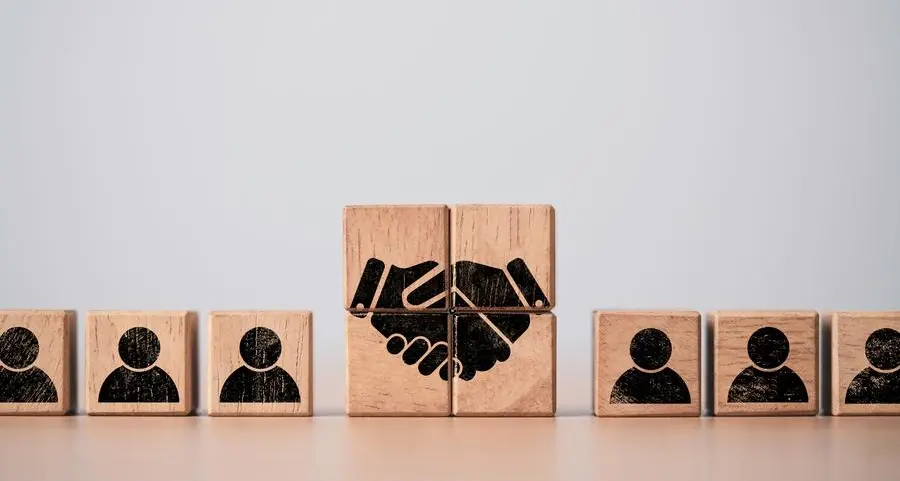- Symptoms can be confusing thus crucial to seek a doctor’s opinion to prevent complications
Ras Al Khaimah, UAE: Kidney and gallbladder stones are common; around 1 in 10 people during their lifetime can be affected by it. To raise awareness about the issue, RAK Medical Center Al Hamra in Ras Al Khaimah is taking a proactive step towards raising awareness by offering complimentary screenings for these common conditions. This community initiative aims to empower individuals with knowledge and provide necessary medical support in addition to ensuring early detection and enabling prompt intervention if necessary.
On Saturday, 24th June, from 11 am to 7 pm, people can visit the Center to avail themselves of this opportunity. Each participant will receive a comprehensive doctor consultation and a free ultrasound to assess their condition accurately. The medical center, an Arabian Healthcare Group venture and sister company of RAK Hospital, was established with a clear objective: to bring the same exceptional standards of care offered at the group hospital directly to the community's doorstep.
"It's crucial to differentiate the symptoms of kidney and gallbladder stones, as they often cause similar stomach discomfort. The pain, nausea, vomiting, or fever can be confusing," explains Dr. Maria Monik Rathna, General Practitioner at the center. "These stones, whether as small as a grain of sand or large enough to impair bodily functions, can severely hinder your daily life. In many cases, hospitalization or surgery may be necessary to remove them. Gallbladder stones consist of cholesterol, while kidney stones are formed by calcium salts."
Chronic Kidney disease in adults is commonly caused by diabetes and high blood pressure. Additional risk factors include heart disease, obesity, a family history of kidney disorders, past kidney damage, and older age. Managing blood sugar and blood pressure levels plays a crucial role in maintaining kidney health.
While kidney and gallbladder stones can develop at any age, the average age of the stone formation is 45 for men and 40 for women. Women are more susceptible to gallstones, especially those with excess estrogen due to factors such as pregnancy, hormone replacement therapy, or birth control pills. Additionally, advancing age increases the likelihood of gallstone formation.
Often referred to as "silent stones," gallstones may not always exhibit symptoms and are incidentally discovered during unrelated medical diagnoses.
Highlighting the significance of early detection, Dr. Raza Siddiqui, CEO of Arabian Healthcare Group and Executive Director of RAK Hospital, emphasizes, "It is crucial to recognize that these conditions are treatable, and timely medical attention can alleviate symptoms and prevent complications. By maintaining good hydration, adopting a healthy diet, and avoiding smoking and alcohol consumption, you can reduce the risk of stone formation."
For more information, please visit https://rakhospital.com/rak-medical-centers-of-excellence/rak-medical-center/ or call 07 2278308 or 055 1479007 for appointments
